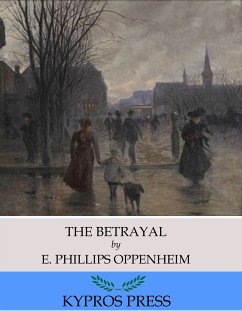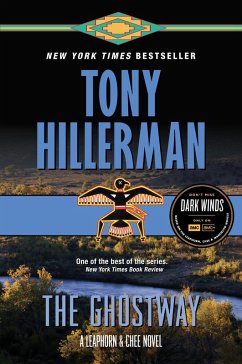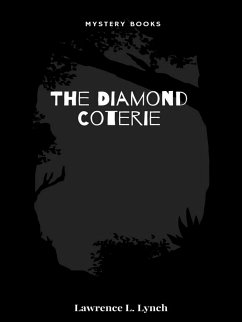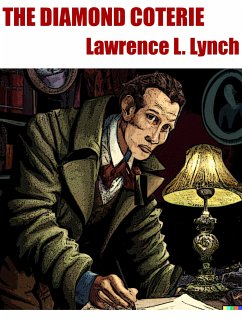
The Betrayal (eBook, ePUB)

PAYBACK Punkte
0 °P sammeln!
Guy Ducaine is a recent graduate of Oxford University. Through a series of unfortunate events he is penniless and starving in the rural town of Brasters. Seeking to make a few shillings, he schedules a lecture on local history. On the same time, Lord Rowchester invites the officer and explorer Colonel Mostyn Ray to the village to speak. Ducaine's lecture fails and he returns to his small house and collapses from hunger. Found there by Ray, and Rowchesters lovely daughter, Lady Angela, they revive him and set in motion a complicated, entertaining, and devious plot. With many twists and turns Du...
Guy Ducaine is a recent graduate of Oxford University. Through a series of unfortunate events he is penniless and starving in the rural town of Brasters. Seeking to make a few shillings, he schedules a lecture on local history. On the same time, Lord Rowchester invites the officer and explorer Colonel Mostyn Ray to the village to speak. Ducaine's lecture fails and he returns to his small house and collapses from hunger. Found there by Ray, and Rowchesters lovely daughter, Lady Angela, they revive him and set in motion a complicated, entertaining, and devious plot. With many twists and turns Ducaine eventually works as secretary to a War Preparations Committee which is chronically leaking plans to the enemy and saves the nation!
Dieser Download kann aus rechtlichen Gründen nur mit Rechnungsadresse in A, B, BG, CY, CZ, D, DK, EW, E, FIN, F, GR, HR, H, IRL, I, LT, L, LR, M, NL, PL, P, R, S, SLO, SK ausgeliefert werden.













